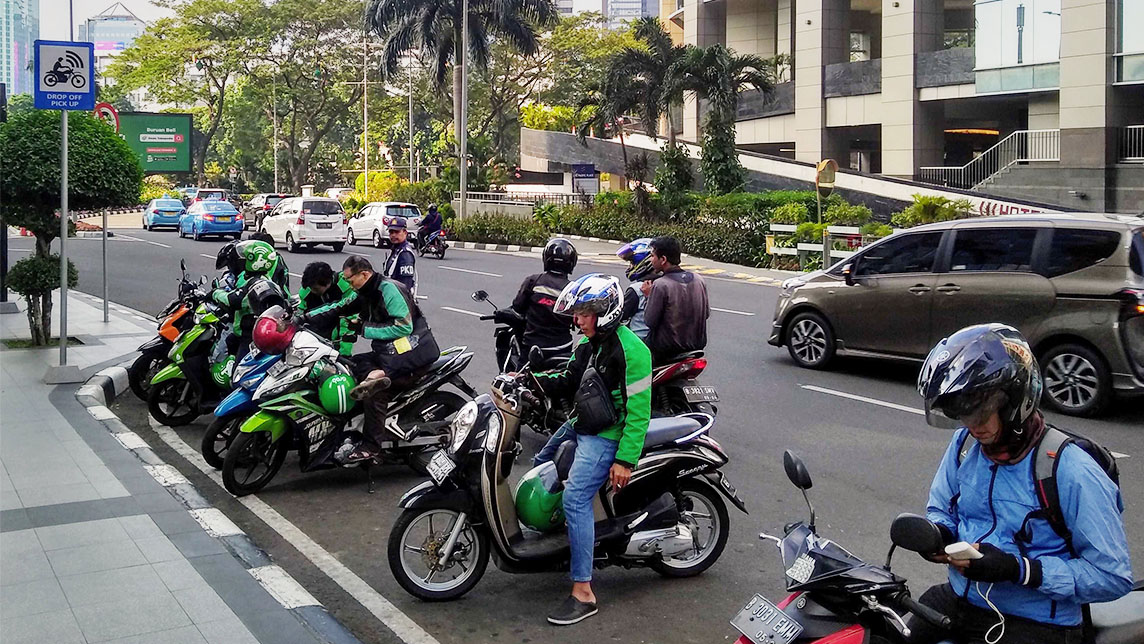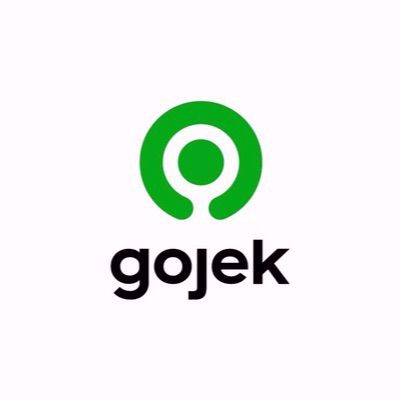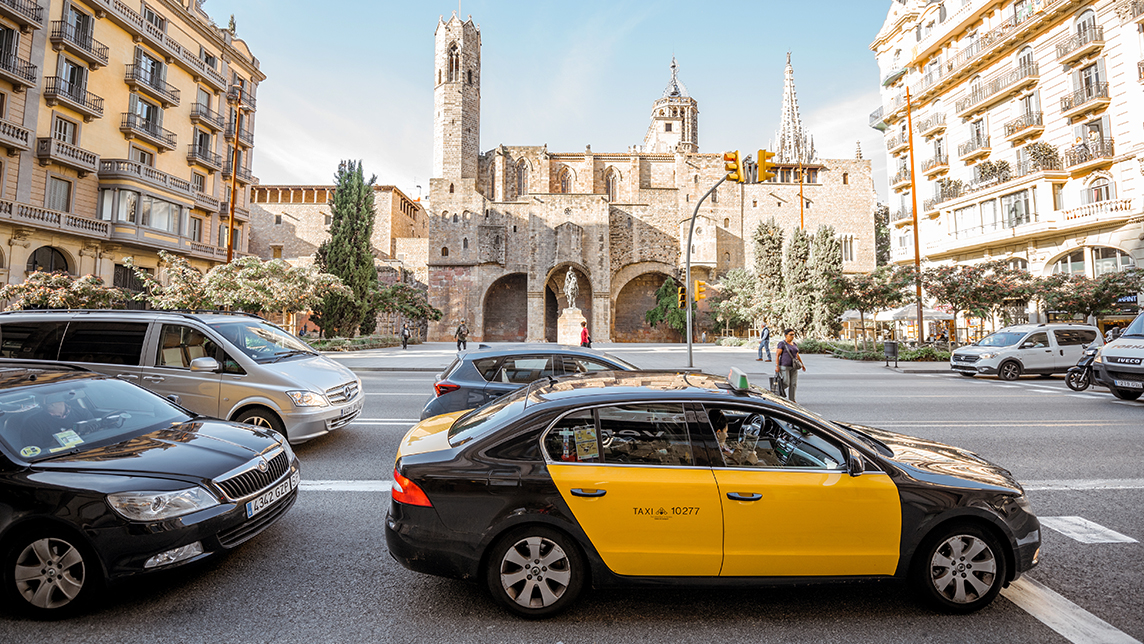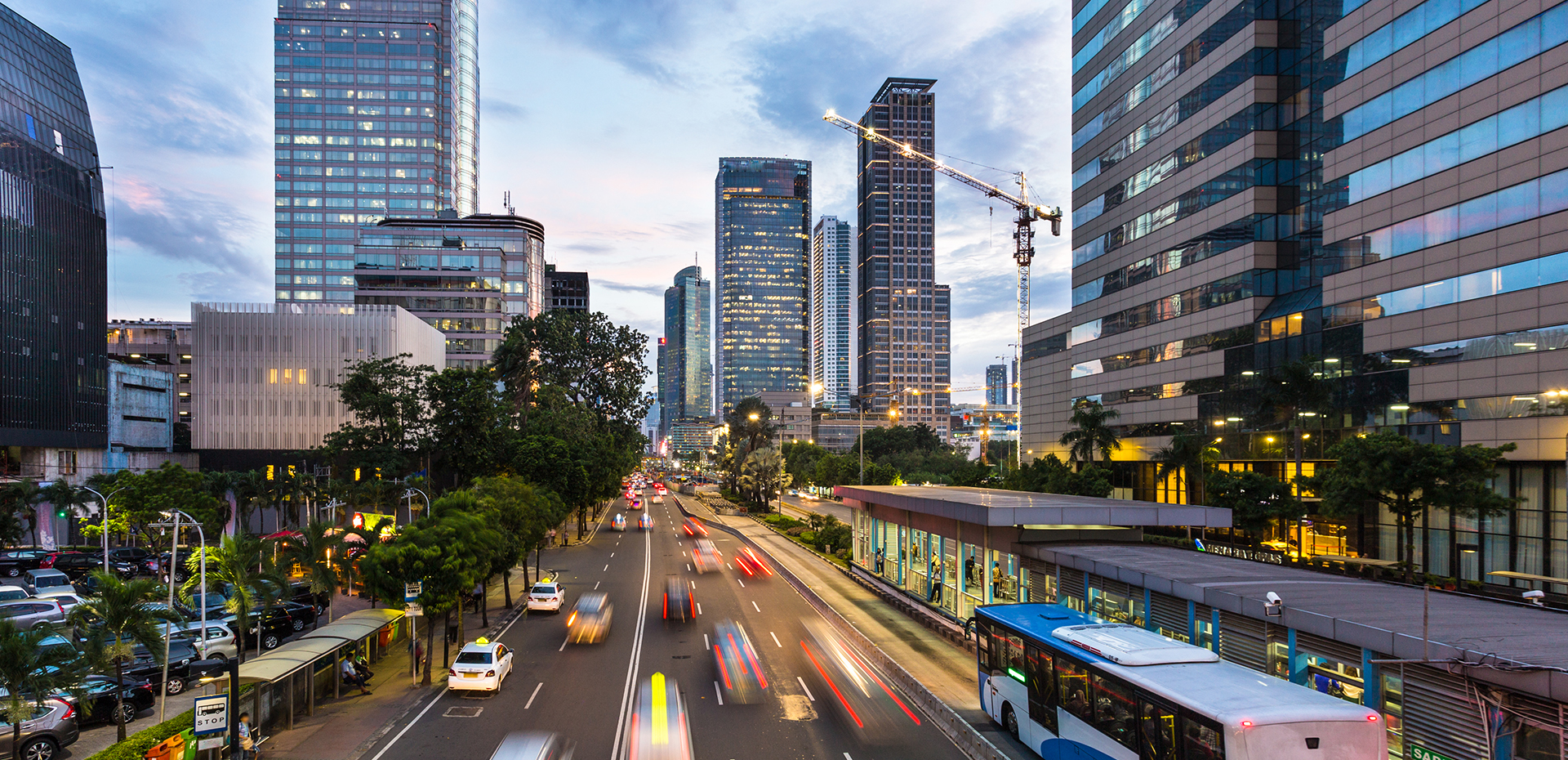On July 3, the Indonesian Ministry of Transport released a circular announcing that ride-hailing companies are now prohibited from offering discounts that would lower fares below government-mandated levels.
“The ban is [intended] to maintain business sustainability and healthy business competition,” stated Director-General of Land Transport Budi Setiyadi in the circular. The ministry will report violators to the Business Competition Supervisory Board (KPPU).
The announcement comes after earlier confusion about the ministry's plans to regulate discounts and pricing in the industry. Last month, the ministry announced plans to limit discounts on fares offered by both service providers and payment partners such as Go-Pay and OVO. A few days later, the Ministry announced that it did not have the authority to make such a decision, as discounts are within the purview of the KPPU.
Before the Eid al-Fitr holidays (June 3-7), the ministry had discussed fare discounts with KPPU, the Bank of Indonesia (Indonesia’s monetary authority) and the Financial Services Authority (OJK). “If the two ride-hailing companies [Go-Jek and Grab] are acting unfairly in competition, the KPPU will be the one enforcing the rules,” Budi said last month.
Fare adjustments
The ministry also announced the possibility of reducing the minimum fares for motorcycle ride-hailing services offered by companies such as Go-Jek and Grab. The current regulation, which came into effect in May, sets a minimum fare of IDR 10,000 for the first four kilometers in the Greater Jakarta area. It also stipulates a minimum per-kilometer rate of IDR 2,000 (US$0.14) for the same zone. Beginning 1 June, fares for car-based ride-hailing were set to a minimum of IDR 3,000 per kilometer.
These fare adjustments are still under trial in five cities and the effects will be evaluated through surveys for three months. The Ministry has found, however, that consumers are not satisfied with the increase in fares.
Both Go-Jek and Grab are still struggling to to balance customer satisfaction against driver welfare. Prior to the fare regulations, drivers protested about low per-kilometer fares, which reached IDR 1,600 (US$0.11) in 2018, as well as the seemingly endless run of promotional coupons that cut their earnings further.
Price-sensitive market
The minimum fare met with negative reactions from customers and drivers when it was increased in May. Indonesian news website Tirto reported that some users were complaining on social media about how motorbike rides had become more expensive even after discounts. Other users were more understanding, saying that they welcomed the price rise if it meant more income and better welfare for drivers.
A Grab driver said that Grab had changed the driver’s bonus scheme to reduce the bonus amount and points earned per ride. Meanwhile, a Go-Jek driver said that while his income had grown due to the increased fare, he was receiving fewer orders each day. As a result, it was more difficult to earn the bonus given for completing 30 orders per day.
Igun Wicaksono, leader of the driver advocacy group Joint Action of Two-Wheeled Transport of Indonesia (Garda) was worried that customers would abandon ride-hailing apps if discounts were prohibited. He said, as quoted by CNN Indonesia last month: “In the end, drivers will be the victims as customers abandon online taxi services. This will become an excuse to lower fares. Discounts should be regulated, but not completely prohibited. The percentage of discounts and promotional rates should be regulated to prevent predatory pricing."













